On June 25, at the headquarters of the Ministry of Industry and Trade , the Industry and Trade Newspaper organized a workshop on "Improving the competitiveness of fast-moving consumer goods and food enterprises in the context of digital transformation and multi-channel commerce".
The fast-moving consumer goods (FMCG) industry plays a key role in economic and social life by providing essential products such as food, beverages, and personal hygiene products with high turnover rates, quickly reflecting consumer trends.
Speaking at the opening of the workshop, Mr. Nguyen Tien Cuong, Deputy Editor-in-Chief of Cong Thuong Newspaper, pointed out the major trends that are dominating the current consumer market, such as the strong shift to "green-clean-healthy" consumption, high requirements on product origin and quality, and especially the explosion of e-commerce. In 2024, the size of Vietnam's e-commerce market will reach more than 25 billion USD, an increase of 20% over the previous year, accounting for about 9% of total retail sales of goods and consumer service revenue nationwide.
However, along with opportunities, there are also many challenges. Many businesses, especially small and medium-sized enterprises, are still confused about accessing new technology, managing innovation, investing in digital transformation or building a modern distribution system.
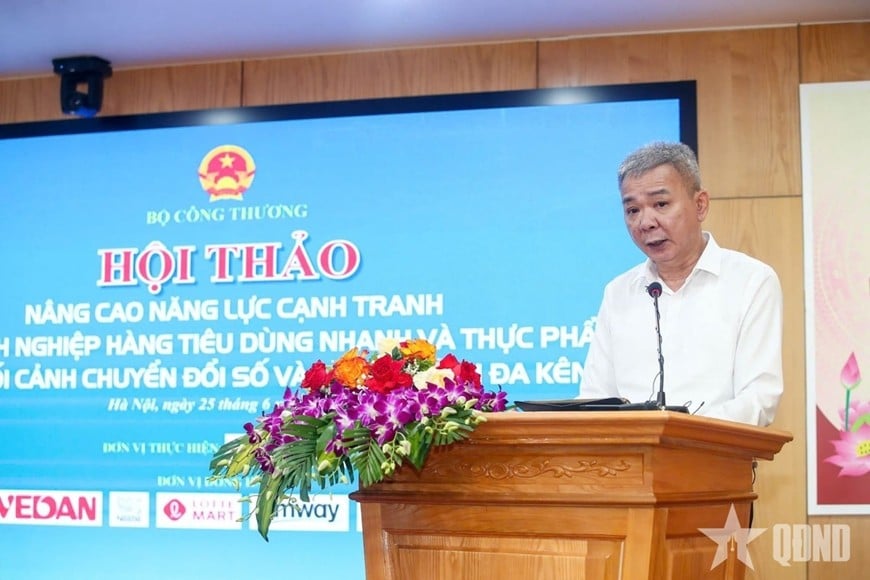
Sharing about the domestic trade development market of food and fast-moving consumer goods in the context of digital transformation and multi-channel trade, Ms. Tran Dieu Huong (Domestic Market Management and Development Department, Ministry of Industry and Trade) said that in the period of 2021-2024, total retail sales of fast-moving consumer goods will increase by an average of 10% per year, in the context of GDP in 2024 increasing by 7.09%.
The market is shifting strongly towards green, clean, healthy consumption, focusing on origin and production process; modern distribution system and e-commerce are growing strongly.
Ms. Tran Dieu Huong also pointed out many barriers and challenges in the development of the fast-moving consumer goods industry today. First of all, this industry has fierce competition. Large and small businesses compete on price, quality, service, and market share. Meanwhile, many small businesses lack capital, infrastructure, and digital human resources. In particular, this industry has high requirements for traceability, food safety, and data management. Businesses must comply with strict regulations on quality, safety, and consumer information security.
Representing the retail sector, Mr. Dao Thanh Tung, Head of E-commerce Department, LOTTE Mart Vietnam, said that e-commerce has become a strategic component, no longer a secondary channel in the retail industry. E-commerce is the factor that redefines the entire retail ecosystem. Modern retail is no longer following a mass model but is deeply personalized according to each customer group.
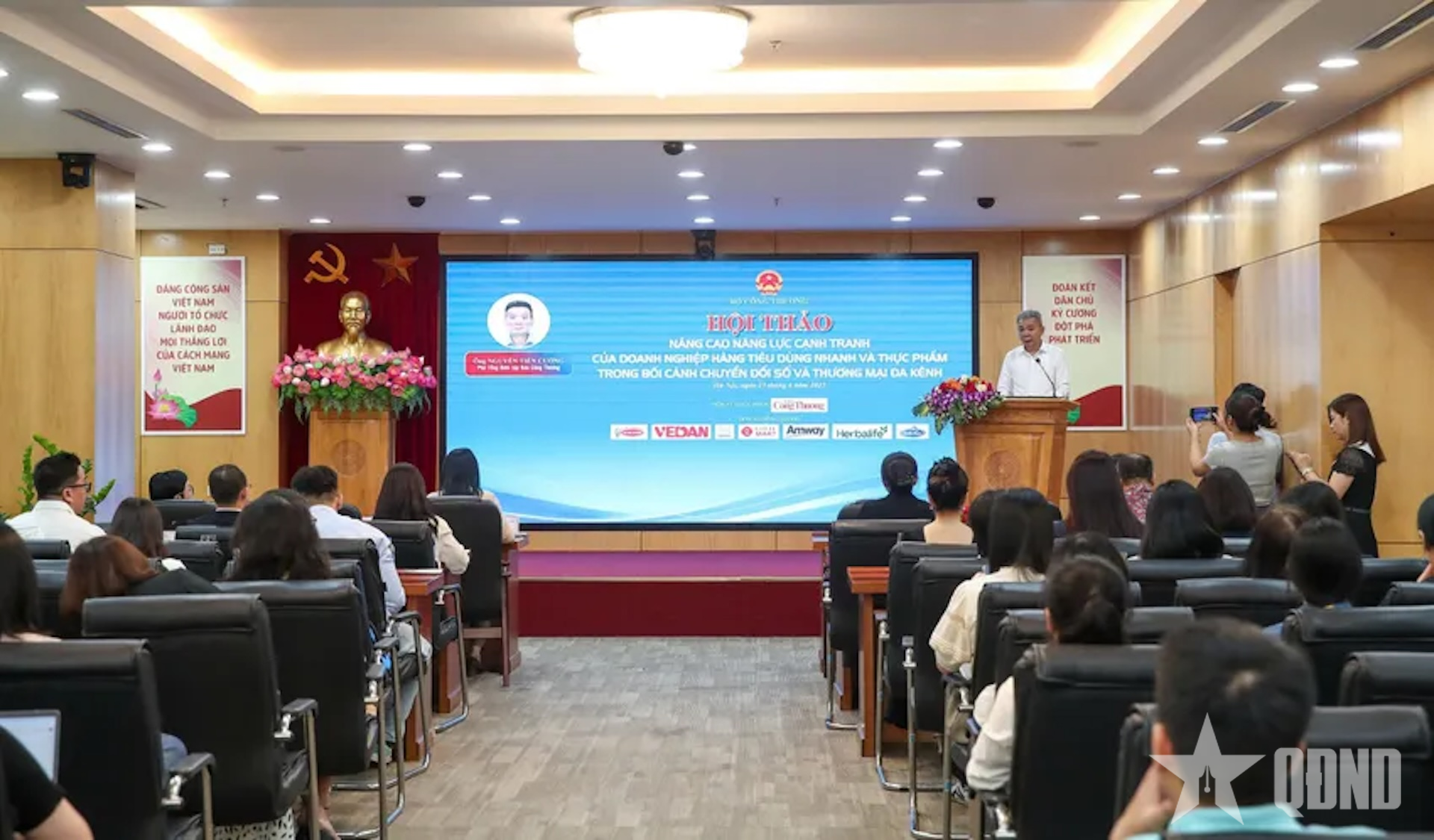
According to delegates, digital transformation is becoming a decisive factor in optimizing the operational and distribution efficiency of fast-moving consumer goods and food businesses.
Accordingly, the Businesses need to invest systematically in digital platforms, increase logistics digitization, optimize operations and take advantage of online sales tools such as livestream. Because digital distribution not only shortens processing time and reduces operating costs, but also improves market access, especially for products that require preservation such as fresh food, thereby expanding scale and improving competitiveness on digital commerce channels.
Source: https://baolangson.vn/so-hoa-quy-trinh-tang-suc-canh-tranh-cho-doanh-nghiep-hang-tieu-dung-nhanh-5051167.html




![[Photo] General Secretary To Lam works with the Standing Committee of Quang Binh and Quang Tri Provincial Party Committees](https://vphoto.vietnam.vn/thumb/1200x675/vietnam/resource/IMAGE/2025/6/25/6acdc70e139d44beaef4133fefbe2c7f)
![[Photo] More than 124,000 candidates in Hanoi complete procedures for the 2025 High School Graduation Exam](https://vphoto.vietnam.vn/thumb/1200x675/vietnam/resource/IMAGE/2025/6/25/fa62985b10464d6a943b58699098ae3f)

![[Photo] First training session in preparation for the parade to celebrate the 80th anniversary of National Day, September 2nd](https://vphoto.vietnam.vn/thumb/1200x675/vietnam/resource/IMAGE/2025/6/25/ebf0364280904c019e24ade59fb08b18)
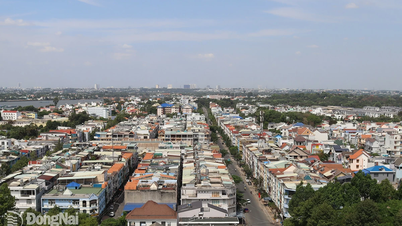






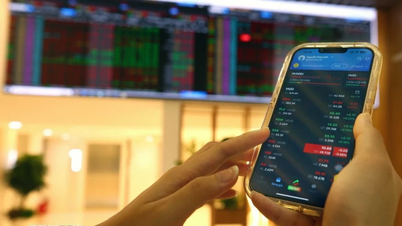






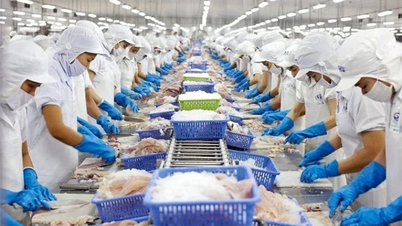
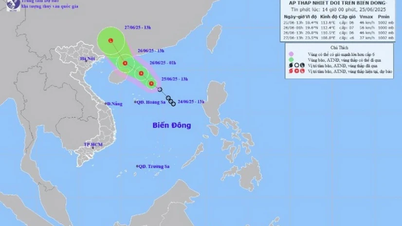
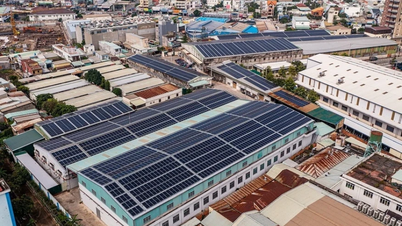
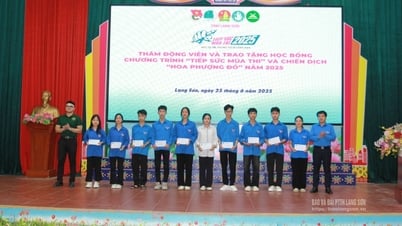


















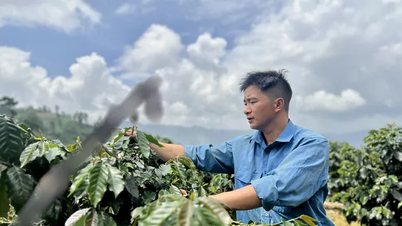





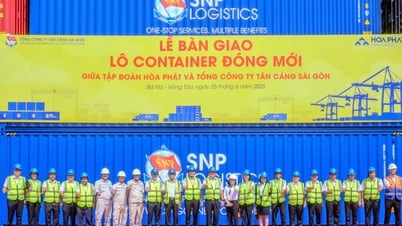



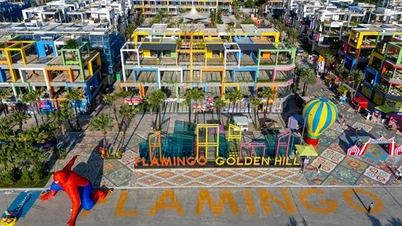




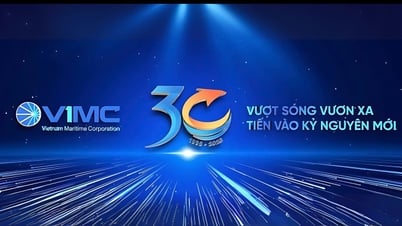

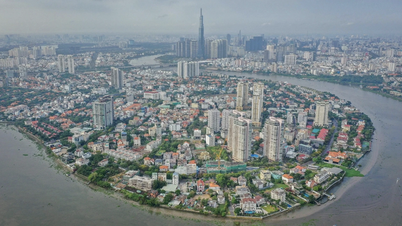







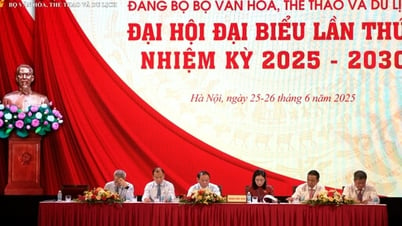

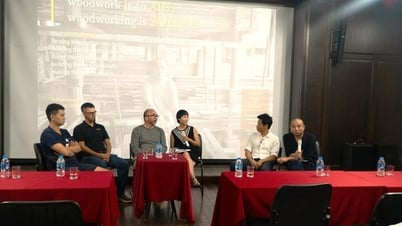

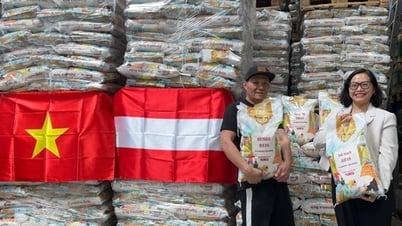

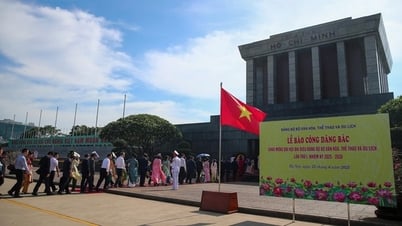
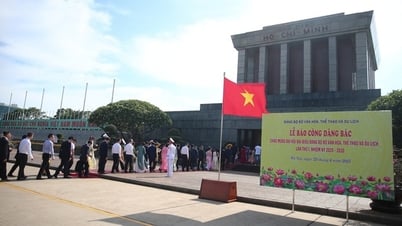












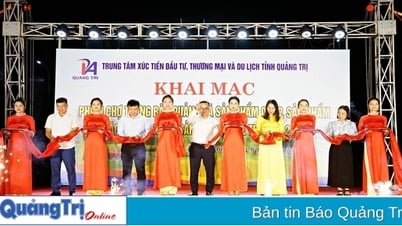











Comment (0)